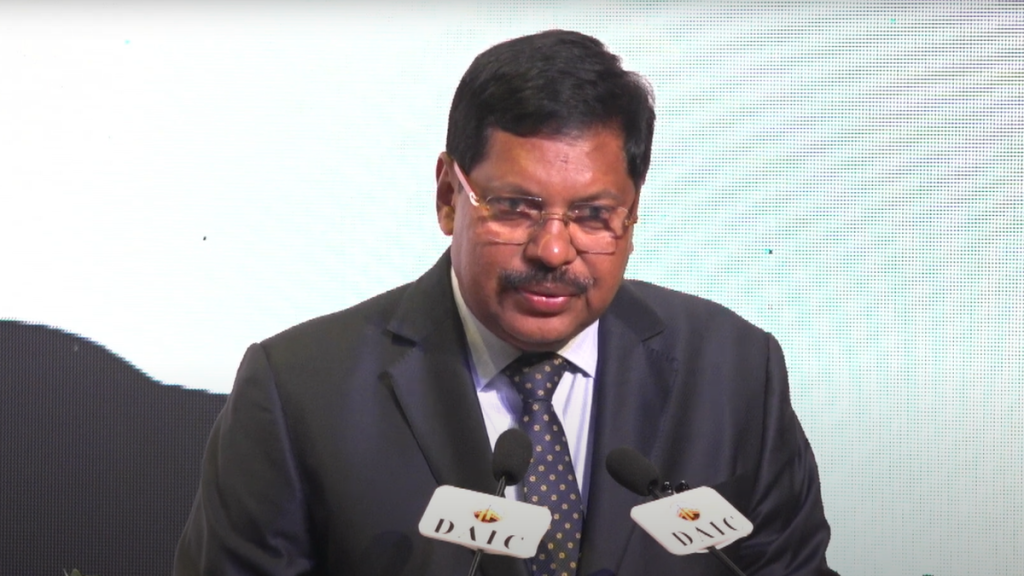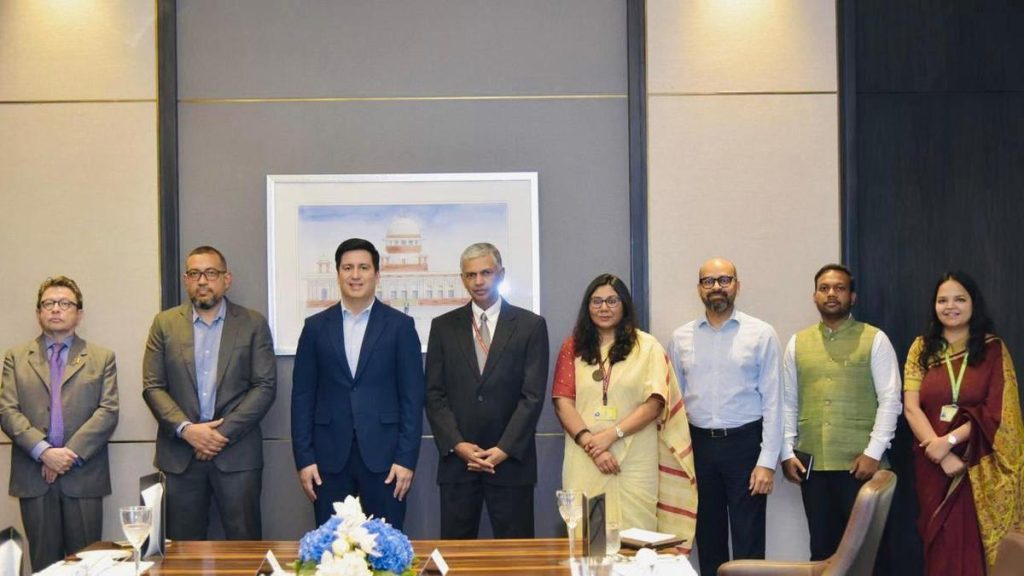Now Reading: Online RTI Queries Poised to Cross 1 Million in 2023 Despite Technical Hurdles
-
01
Online RTI Queries Poised to Cross 1 Million in 2023 Despite Technical Hurdles
Online RTI Queries Poised to Cross 1 Million in 2023 Despite Technical Hurdles

Quick Summary
- Growth in RTI Applications: The number of online RTI applications filed thru the Central government’s portal has risen annually-7,09,323 in 2022, 8,44,262 in 2023, and 9,64,813 in 2024 (14-19% yearly growth). By September 2025, the count has already reached over 7.6 lakh requests, possibly surpassing one million by year-end.
- Online Portal Challenges: Despite growing usage:
– Users face website downtimes and payment failures; a new “bank reconciliation” feature was added to resolve transaction issues.
– The introduction of OTP verification for cybersecurity purposes led to occasional delays due to email server traffic.
– Recent rule changes now require active accounts only and auto-delete inactive accounts after six months.
- Clarity Concerns:
– Central Information Commission lacks sufficient personnel (just two commissioners with nine vacancies).- Chief Information Commissioner post remains unfilled since September’s vacancy.
– Press groups criticize the Digital Personal Data Protection Act (2023) amendment restricting disclosure of “personal information,” arguing it could block legitimate access under RTI.
Indian Opinion Analysis
The continued rise in online RTI applications despite technical challenges indicates strong public demand for transparency. However, limitations such as OTP delays and inactive account restrictions risk complicating access unnecessarily for first-time or infrequent users. While the government cites cybersecurity as a reason for changes on the platform-a valid concern-it must balance these measures with usability enhancements to sustain momentum.
A broader issue appears at an institutional level where transparency mechanisms face strain due to administrative vacancies at key bodies like the Central Information Commission. Additionally, concerns regarding restrictive amendments under recent legislation may undermine one of India’s core democratic tools if not addressed thoughtfully.
As India moves toward digitization across governance systems, strengthening both infrastructure reliability and responsiveness while promoting greater accountability will be critical for citizens’ trust. This ongoing evolution will shape India’s ability to uphold its reputation as an advocate of good governance principles.
For full details on this story: Read more

























